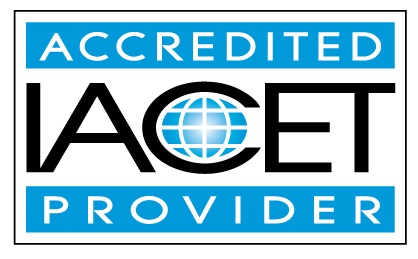Description
24-hour posture care management considers an individual’s posture, comfort and function over all hours, day and night. This is highly relevant for wheelchair seating practitioners working with complex clients. Windswept lower body posture, joint dislocations and scoliosis complicate provision and function of wheelchair seating systems. These secondary complications can require premature replacement of equipment as the individual worsens over time, with accompanying funding difficulties. Such problems can often be mitigated and sometimes improved with therapeutic support of aligned postures outside of the wheelchair, especially at night. This course provides an overview of history, theory and best practice with longitudinal case studies demonstrating successful outcomes related to 24 hour posture care management. The participant will be able to describe theory and rationale central to support of aligned lying postures in wheelchair users.
Learning Outcomes:
The participant will be able to describe theory and rationale central to support of aligned lying postures in wheelchair users.
The participant will be able to compare and contrast elements of destructive and preventative/corrective supported lying postures.
The participant will be able to identify two simple interventions that can be used in lying to help create postural stability in sitting.
Tamara is an occupational therapist and RESNA certified assistive technology professional/seating and mobility specialist based in Missoula, Montana. She directs the Montana Postural Care Project and Eleanore’s Project, promoting 24 hour posture care management integrated with provision of appropriate seating and wheeled mobility in low resource settings. She has written and presented on these topics in the United States, Jordan, Peru and Colombia. Tamara has served children and adults with complex neurodisabilities in Montana since 1983, and is a member of the National Clinician Task Force and a Friend of NRRTS. She credits her daughter Eleanore, born with cerebral palsy and profound deafness, as her best teacher.


